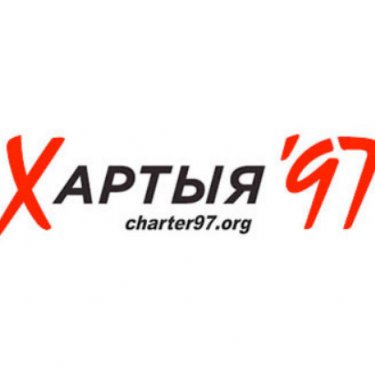Blocking of leading Belarusian news website seen as test for EU

As European commissioner Johannes Hahn visits Minsk, Reporters Without Borders (RSF) condemns the blocking of Belarus’s most popular news website, Charter97, for the past six days, regarding it as yet another act of censorship that directly contradicts the Belarusian government’s blandishments towards the European Union.
Despite its desire for a thaw with the EU, the government is intensifying its crackdown on its remaining online critics. Just over a month after the regime began blocking the Belaruski Partyzan website, Charter97 became inaccessible on 24 January. The information ministry acknowledged that it was responsible for the blocking the next day.
An information ministry communiqué accused Charter97 of posting reports “liable to harm Belarus’s national interests,” mentioning unauthorized demonstrations and carrying “extremist” content. But the authorities did not specify what content they regarded as illegal and why.
“This is one of the country’s leading independent media outlets that President Alexander Lukashenko’s regime is trying to silence,” said Johann Bihr, the head of RSF’s Eastern Europe and Central Asia desk. “The European Union must make it clear to Minsk that the unblocking of the Charter97 website and respect for media freedom are non-negotiable conditions for a rapprochement with Brussels.”
Created in 1998 by the well-known journalist Oleg Bebenin, Charter97 gets its name from a 1997 call for democracy in Belarus that was backed by opposition and human rights groups. Aligned with the opposition, the website has always been persecuted and has been blocked in the past for periods ranging from a few days to several months. Because of mounting harassment, Charter97’s headquarters have been located in Poland since 2011.
“The blocking of Belarus’s most visited website is a new blow to freedom of expression,” Charter97 editor Natallia Radzina told RSF. “For the past 20 years, the authorities have been using all possible means of pressure to combat us, ranging from blocking to arrests and murders of journalists.”
Today will see a visit by Johannes Hahn, the European commissioner for enlargement and European neighbourhood policy, to Minsk, where the Lukashenko regime has been seeking a rapprochement with the EU in recent years because of economic difficulties and because it wants to loosen the Russian embrace.
Brussels settled for the release of leading political prisoners in 2015 as grounds for lifting the targeted sanctions that it had imposed on regime officials four years before.
However, despite a slight let-up in 2016, the authorities did not loosen their grip on the media and 2017 saw more than 100 arrests of journalists and around 60 cases of journalists being fined. Control has become even more zealous since Ales Karliukevich’s appointment as information minister last September. Belarus is ranked 153rd out of 180 countries in RSF's 2017 World Press Freedom Index.



